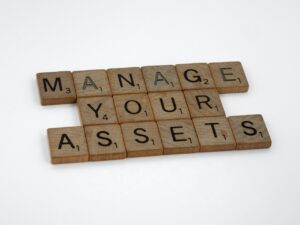
INTRODUCTION
Spending your retirement years is not all about how you will spend your time but your money also. Ticking off those items on your bucket list becomes your priority. This all takes money. A financial advisor thinks older people should spend their money while they can and travel while they are able to.
Spending your money during your latter years
Written by R. A. Stewart
“Spend your money while you can.”
That is the message of New Zealand Financial Advisor Mary Holm who has recently published another book.
This message was aimed at retirees. Ms Holm says you should not just leave your money to your children.
She says that she has received letters from people in their eighties and nineties who have said they wished they had done more traveling when they were able to. They were of course referring to when they were in their sixties and seventies.
Holm does have a point but it all depends on how responsible your children are with their money. If they have a house and a retirement plan then you can stipulate that the money can go toward these things.
Doing stuff while you are able to is probably the best way to live for those who have reached the retirement age and that all takes money.
What Mary says makes sense; helping your children get their foot on the property ladder or through university is one thing but if they are irresponsible with their money then that is another thing altogether.
This all highlights the importance of teaching your children financial literacy.
Teaching your children how to invest is just as important as teaching them how to save. Most people are able to save money but most are saving to spend rather than saving to invest.
It is investing which will make life easier in the long-term.
Your priorities will determine how you are going to spend your latter years and there is no law to say that you have to retire at a certain age; a lady in her eighties was still working at our local supermarket. Everyone is on their own I suppose but I don’t see the point of that since our country (New Zealand) is very generous to its retirees. It was only ill health which caused her to stop working and then she succumbed to her illness not long after.
Deciding what is important to you is all about setting goals; Anthony Robbins book, “Awaken the Giant within,” is certainly worth reading.
In the chapter on “Goal Setting,” he talks about taking the rocking chair test. If you were to sit in your rocking chair at the age of ninety what would you regret about your life?”
“Don’t die wondering,” is a saying worth remembering. It is important to enjoy the stage of life you are at because there may come a day when you regret not having made the most of that particular stage of life.
Planning for the future is just as important; its getting that balance right which is the key. There is no point in blowing your retirement fund during your first year of retirement if it is going to leave you in poverty for your remaining years.
SUMMARY
A work colleague said to us once, “I can’t understand these old people who live frugal lives only to leave their money to someone else.” Making sacrifices in order to save money is understandable when you are younger but not when you are past the retirement age. (unless you are living from paycheck to paycheck). Live your best life now while you can and not just hoard your money for the younger generation to fritter away.

















